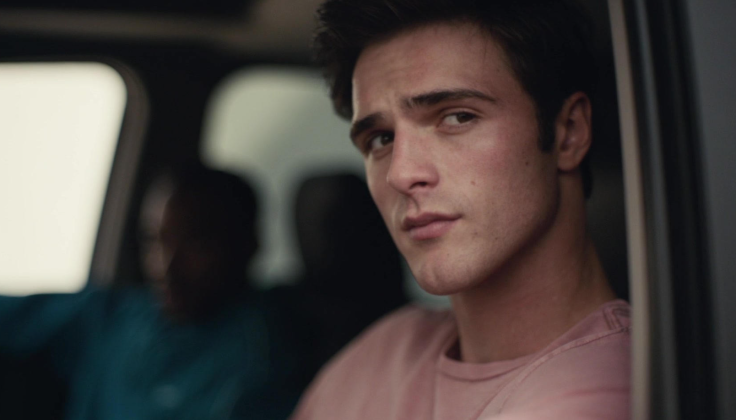Fans Mocked Jacob Elordi For Saying He 'Felt Free' After Having 'No Time' To Prepare For 'Euphoria' Role
Fans were quick to either defend or deride Elordi's description of the process

Jacob Elordi's remark that he 'felt free' on the set of Euphoria after having 'no time' to prepare for season 3 has prompted a wave of online reaction, with some viewers praising his spontaneity and others deriding his comments as tone-deaf and self-congratulatory.
Elordi, speaking to Entertainment Weekly on The Awardist podcast, described the unusual working conditions on Euphoria Season 3, including limited scripts and last-minute shooting, as a creative liberation that forced him to act in the moment rather than overthink every choice. He said the process led to a looser, more instinctive performance and credited showrunner Sam Levinson with giving him 'the floor' to try things that might or might not stick.
Elordi's account sits uneasily with a portion of the show's audience, who interpreted his language about 'freedom' and 'no time to get ready' as a lapse in sensitivity.
Elordi's Remarks and the Context
Elordi made the comments during a wide-ranging interview that accompanied his promotion for Guillermo del Toro's Frankenstein and other projects. He explained that season 3's shooting schedule and the way scripts were delivered meant he 'had no time to get ready for it' and often relied on 'creative conversations with Sam' rather than full scripts.
That lack of conventional preparation, he said, forced him to 'only do what was handed to me that day' and to invent in the moment.
The Awardist conversation provides substantive insight into how Sam Levinson's methods differ from those of a typical television production. Elordi framed the experience as both 'nerve-wracking' and creatively rewarding, emphasising that constraints can sometimes produce cinematically effective spontaneity. For performers who value deep rehearsal and textual study, that account reads as a description of a deliberate, if idiosyncratic, directorial approach.
Fan Reaction on Social Media
The entertainment press quickly aggregated Elordi's quotes, and social platforms reacted within hours. Entertainment Weekly's social posts about the interview generated hundreds of replies, some supportive and others critical.
On Reddit and X, the tone skewed sharper; threads highlighted the apparent gap between Elordi's privileged position as a leading man with choice roles and the public's expectation that actors acknowledge the collaborative labour behind big television.
Its going to be a hot mess, isn’t it?
— Waltz (@numbertax2) November 8, 2025
Not all responses were negative. Some fans defended Elordi, noting that improvisation and on-set trust are legitimate creative tools and that statements taken out of a long interview can appear flippant when excerpted.
Others contextualised his comments alongside his broader remarks about learning empathy through difficult roles and his praise for collaborators such as Levinson and Del Toro. The split reaction illustrates how a single line can be amplified into a broader cultural debate about celebrity, craft, and accountability.
What the Comments Reveal About Celebrity Culture and Craft
The swift mockery of Elordi's phrasing points to a wider dynamic in contemporary fandom. Viewers expect public figures to demonstrate awareness of the labour and craft that produce screen work.

When an actor frames a constrained process as freeing, some interpret that as a failure to recognise the unseen effort of writers, technicians, and colleagues who routinely adapt to short notice. The response is not merely about tone; it is about the responsibilities of high-profile artists within an ecosystem of labour.
From a production perspective, Elordi's account is not unusual. High-end television increasingly experiments with fluid, director-led shoots where scripts can be malleable, and where performers are asked to improvise within a cinematic frame.
Those methods can produce striking results, but they also require high levels of trust, preparation in other forms, and clear communication with the cast and crew; elements Elordi says were present in his experience. Whether audiences read that as artistic bravery or as indulgence depends partly on how the actor frames those choices publicly.
© Copyright IBTimes 2025. All rights reserved.





















